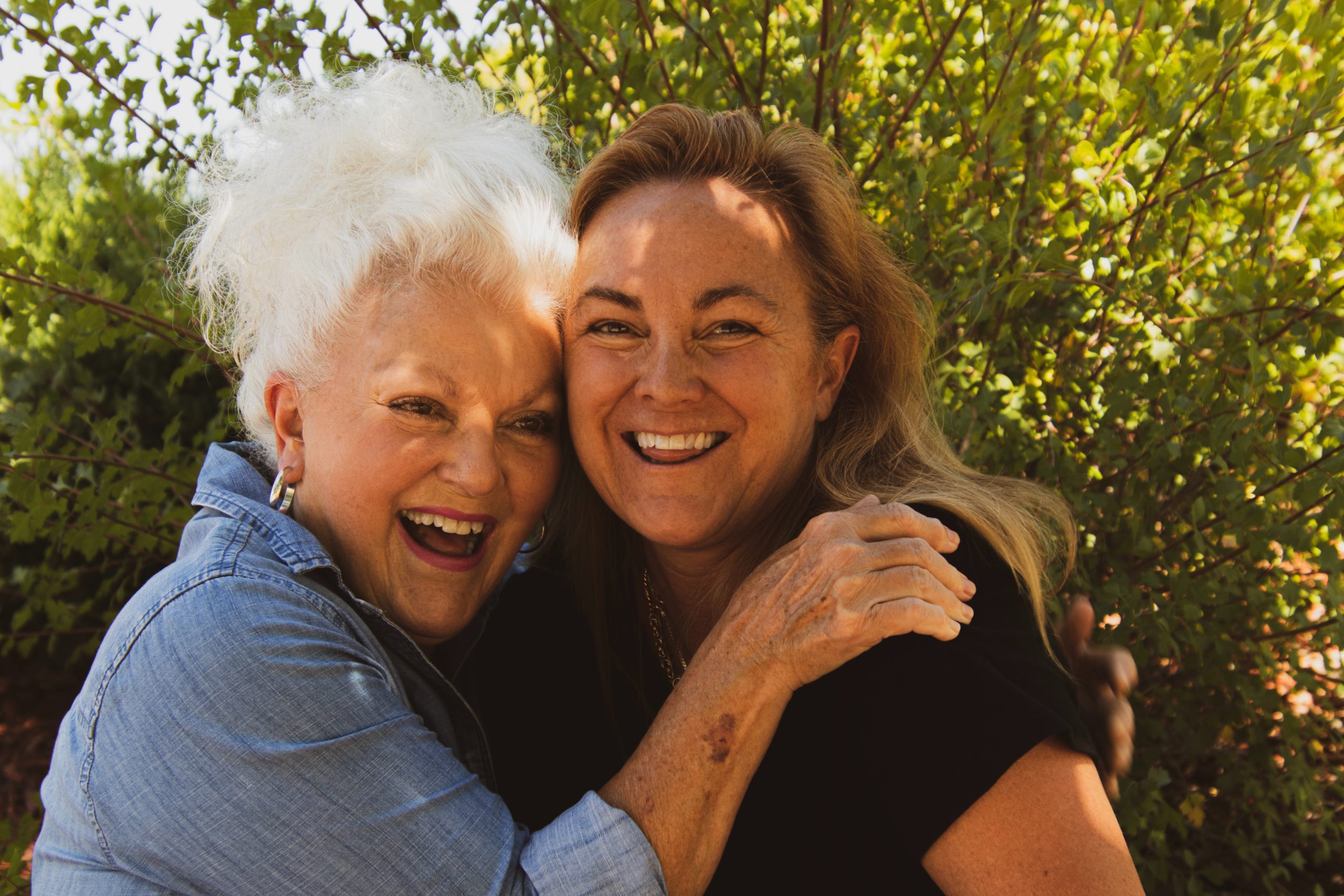
Most folks get attached to the place they call home, even if living there grows difficult over time. This may occur as we age and lose mobility, struggle with once-simple tasks, and sustain memory loss. If you’ve noticed these signs in yourself or a family member, explore professional in-home care services.
Seniors who require such services in Wicomico County, MD, should reach out to Coastal Home Care. We are the region’s top provider of at-home Alzheimer’s and dementia care, hospice support, medication management, and more. Our nurses can assist you or your loved one with everyday tasks so that you or they can remain independent. Schedule a consultation today and learn more about our services.
Below, we describe home care services and list some signs that indicate a sufferer may need in-home care:
Defining “Home Care”
First, let’s explore the role and responsibilities of in-home care providers. Home care is defined as nonmedical support services for things like eating, cleaning, and bathing. Home care differs from home health care in its purpose: the latter involves specialized medical support.
In-home care–or at-home care–also gives seniors opportunities for companionship and socialization. If family members are busy or live far away, home care providers fill their absence to provide company and novelty.
While these services may seem modest, they allow many seniors to live independently in the home they choose. Caregivers can also help to ease the burden of helping an elderly loved one from family members. Indeed, home care services boost senior patients’ health.
Signs That You or a Loved One Need In-Home Care
- Decreased mobility
One of the clearest calls for in-home care is a loss of mobility. This condition disrupts movement around the house and, in turn, every task that involves doing so. Mobility issues can also lead to injuries, particularly on stairs. Home care thus becomes crucial to avoiding serious medical incidents. - A decline in hygiene and grooming
Another symptom that calls for home care services is diminished hygiene. While your loved one may claim that they don’t need help, disheveled clothes or inconsistent shaving may indicate otherwise. At-home care includes supporting basic hygienic practices in its various responsibilities. - Physical changes
One day, you may notice that you or your loved one has lost significant weight. Perhaps you spot strange bruises on your or your senior’s body. Such signs are evidence of the aforementioned mobility struggles, which prevent cooking proper meals and cause collisions with objects. - Increased forgetfulness and decreased interest
We all suffer so-called “brain farts”—instances of forgetting common facts or familiar things. However, severe memory loss signals more significant problems like Alzheimer’s and dementia. And these conditions entail serious memory loss concerns, including cognitive problems, depression, and a loss of interest in hobbies.Indeed, several studies note that significant memory loss correlates with depression. Thus, an in-home caregiver can help you or your loved one combat such feelings. Doing so increases your or your senior’s enjoyment of life.
In-Home Care Services Available Now for Wicomico County, MD, Residents!
You – or your loved one – want to remain home as time moves on. And with services from a Coastal Home Care in-home care provider, that can happen! We are the Wicomico County, MD, region’s resource for eldercare, medication management, hospice support, and more services. Our expert team creates a personalized care plan for each patient so that we attend to the needs of all. Interested in learning more? Call our Maryland line today at (410) 572-5606 or schedule a consultation online!
